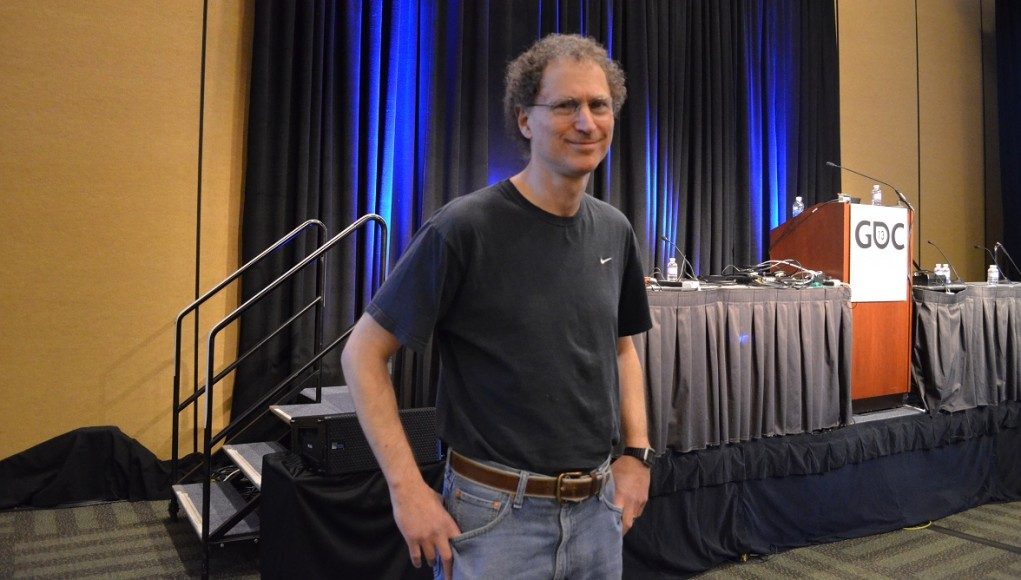I’ve just spent 25 minutes telling you how hard VR is – and that’s certainly true. But realtime 3D was equally hard – just check out Chapter 64 in my Black Book about the lengths John went to in order to solve the potentially visible set problem, or think about how crude the early 3D accelerators were – and over time all that has worked out amazingly well.
This is the kind of opportunity that everyone in the gaming industry should dream of; if you want to do challenging work that has the potential to affect almost every game written in five or ten years, VR is a great place to be right now.
It really is like when I was working on Quake – a new world is emerging.
My guess is that the next few years will see more change in the gaming experience than the seventeen since I gave my talk about Quake. I could be wrong – but I hope I’m not, and I’m excited to find out!







